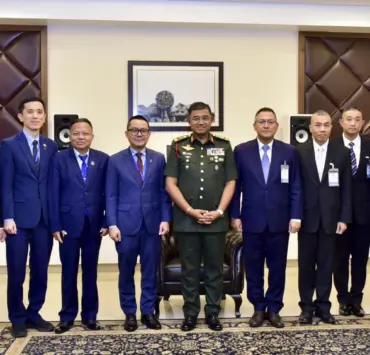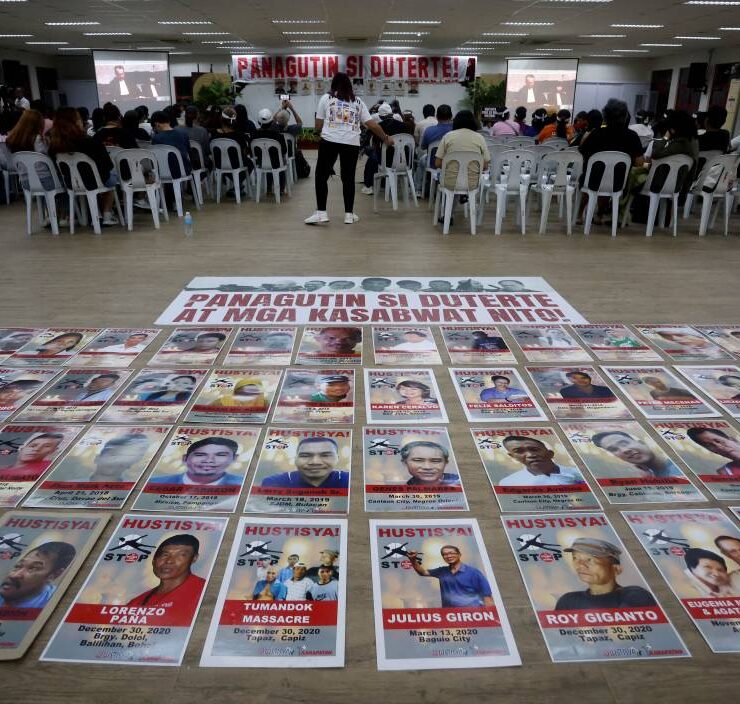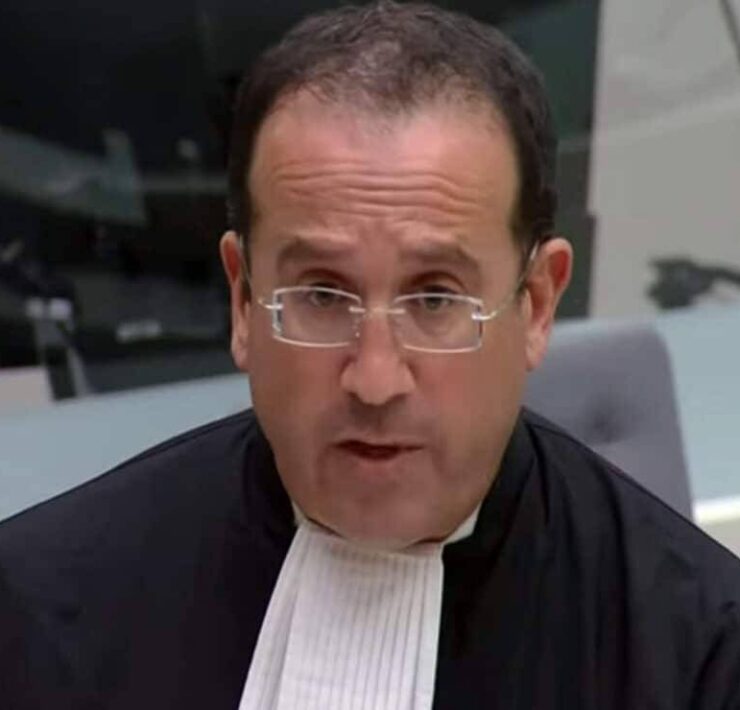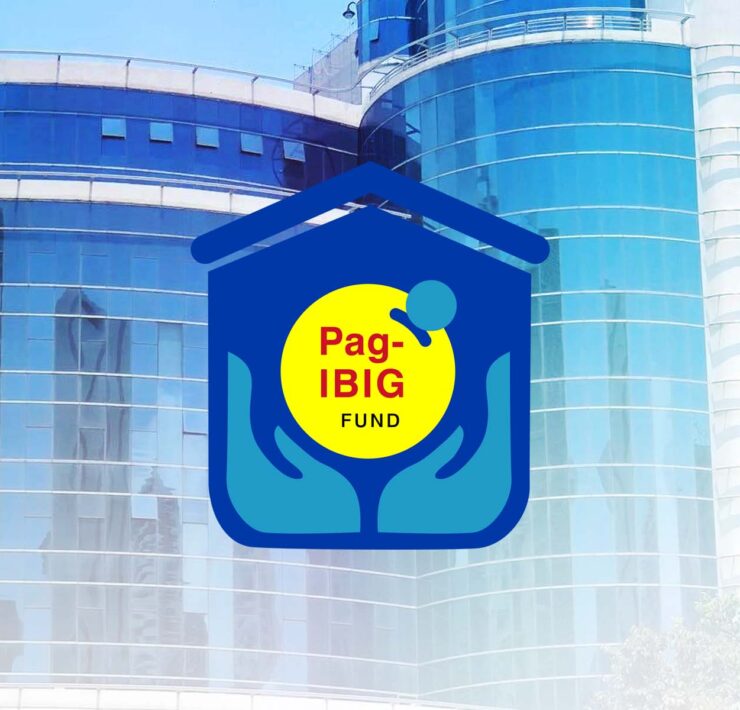US-India relationship getting bumpy
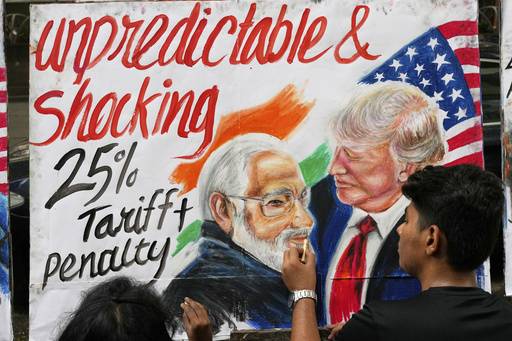
NEW DELHI—The men shared bear hugs, showered praise on each other and made appearances side by side at stadium rallies—a big optics boost for two populist leaders with ideological similarities. Each called the other a good friend.
In India, the bonhomie between Prime Minister Narendra Modi and US President Donald Trump was seen as a relationship like no other. That is, until a series of events gummed up the works.
From Trump’s tariffs and India’s purchase of oil from Russia to a US tilt toward Pakistan, friction between New Delhi and Washington has been hard to miss. And much of it has happened far from the corridors of power and, unsurprisingly, through Trump’s posts on social media.
Dip in rapport
It has left policy experts wondering whether the camaraderie the two leaders shared may be a thing of the past, even though Trump has stopped short of referring to Modi directly on social media. The dip in rapport, some say, puts a strategic bilateral relationship built over decades at risk.
“This is a testing time for the relationship,” said Ashok Malik, a former policy adviser in India’s Foreign Ministry.
The White House did not immediately respond to a message seeking comment.
Hiccup
The latest hiccup between India and the United States emerged last week when Trump announced that he was slapping 25 percent tariffs on India as well as an unspecified penalty because of India’s purchasing of Russian oil. For New Delhi, such a move from its largest trading partner is expected to be felt across sectors, but it also led to a sense of unease in India—even more so when Trump, on social media, called India’s economy “dead.”
Trump’s recent statements reflect his frustration with the pace of trade talks with India, according to a White House official who was not authorized to speak publicly and spoke on condition of anonymity to describe internal administration thinking. The Republican president has not been pursuing any strategic realignment with Pakistan, according to the official, but is instead trying to play hardball in negotiations.
Trump doubled down on the pressure on Monday with a fresh post on Truth Social, in which he accused India of buying “massive amounts” of oil from Russia and then “selling it on the Open Market for big profits.”
“They don’t care how many people in Ukraine are being killed by the Russian War Machine. Because of this, I will be substantially raising the Tariff paid by India to the USA,” he said.
The messaging appears to have stung Modi’s administration, which has been hard-selling negotiations with Trump’s team over a trade deal by balancing between India’s protectionist system while also opening up the country’s market to more American goods.
Reputation of strength
Many expected India to react strongly considering Modi’s carefully crafted reputation of strength. Instead, the announcement prompted a rather careful response from India’s commerce minister, Piyush Goyal, who said the two countries are working toward a “fair, balanced and mutually beneficial bilateral trade agreement.” India’s Foreign Ministry also played down suggestions of any strain.
However, experts in New Delhi wonder.
“Strenuous, uninterrupted and bipartisan efforts in both capitals over the past 25 years are being put at risk by not just the tariffs but by fast and loose statements and social media posts,” said Malik, who now heads the India chapter of The Asia Group, a US advisory firm.
Pakistan
Malik also said the trade deal the Indian side has offered to the United States is the “most expansive in this country’s history,” referring to reports that India was willing to open up to some American agricultural products. That is a politically sensitive issue for Modi, who faced a yearlong farmers’ protest a few years ago.
The unraveling may have gained momentum over tariffs, but the tensions have been palpable for a while. Much of it has to do with Trump growing closer to Pakistan, India’s nuclear rival in the neighborhood.















